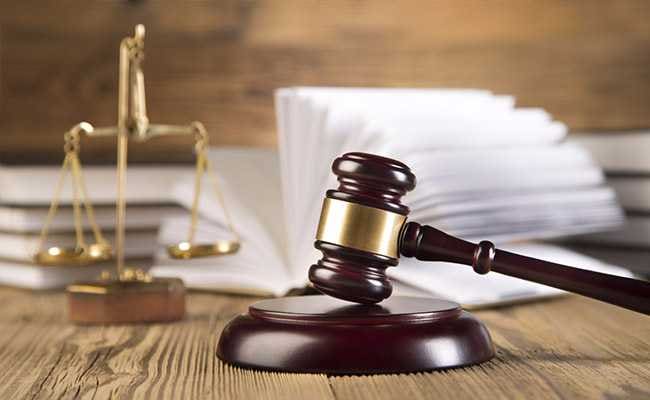
The Bombay High Court today allowed the Parsi community in Mumbai to offer Farvardiyan prayers at the Doongerwadi tower of silence in Mumbai for a day on Thursday after the Maharashtra government denied permission for the same.
The court also said its order was to be treated as an exception, and others seeking permission for any other religious event or prayers cannot use this as a precedent.
A bench of Justices RD Dhanuka and MJ Jamdar granted the permission on the condition that no person below the age of 10or above the age of 65 would be allowed at the premises in the wake of the COVID-19-related restrictions.
The bench also mandated that attendees will compulsorily use masks, sanitisers, and follow the standard operating procedures (SOPs) issued by the Centre and the Maharashtra government last month on implementing safety precautions in the wake of COVID-19.
As per the order, the prayers will be held between 7 am and 4:30 pm and not more than 200 people will attend it.
At any given hour, only a maximum of 30 people will be permitted inside the premises.
The bench allowed the community to hold prayers after the state government denied permission to the Bombay Parsi Panchayat (BPP) for the same.
On Monday, the high court directed the state government to consider a representation made by BPP for holding prayers at the community temple here on September 3.
After the high courts directive, the petitioner, BPP trustee Viraf Mehta, and another trustee made a representation before the state government seeking permission for the prayers.
On Wednesday, the state informed the court that it had rejected BPP's request.
Advocate General Ashutosh Kumbhakoni said the state had refused permission because the petitioners insisted on a large number of participants, instead of holding a "symbolic prayer".
"We are not against any one particular community. We are asking them to stay at home for their own safety. Our (state''s) approach is like that of the parents'' of citizens. We want them to be safe from the virus," Mr Kumbhakoni said.
The Union government's counsel, Additional Solicitor General Anil Singh, also said the Centre was not opposed to any community''s festivities, but it only cared for the larger public health and safety.
The petitioner's counsel, Prakash Mehta, however, told the court that BPP would restrict the number of people attending the prayers and also take all safety precautions.
Mr Mehta said the Doongerwadi tower of silence at Kemps Corner in south Mumbai was spread over an area of 55 acres.
The premises will be divided into five pavilions of 600 to 800 sq ft each and only six persons will be permitted inside each pavilion on an hourly basis, he said.
The court accepted the petitioners'' undertaking and granted the permission for prayers on Thursday.
It however, clarified that its order was to be treated as an exception, and others seeking permission for any other religious festivity or prayers cannot use the present order as a precedent.
As per the order, all participants'' temperatures will be recorded before they enter the premises, and use of masks, sanitisers will be mandatory.
The court also recorded the petitioners'' submissions that Parsis who died due to COVID-19 were not laid to rest at Doongerwadi, the property was gated one and no one but the Parsis were permitted inside.
Earlier, Viraf Mehta filed a plea last week through advocate Shah, seeking special permission for prayers on the lines of the permission granted by the Supreme Court to the Jain community to open three temples in the city for their Paryushan festival.
Mr Shah told the court that the prayers were not part of festivities, but were an annual ritual, whereby members of the community remembered and paid respect to the departed.
(Except for the headline, this story has not been edited by NDTV staff and is published from a syndicated feed.)
Track Latest News Live on NDTV.com and get news updates from India and around the world

